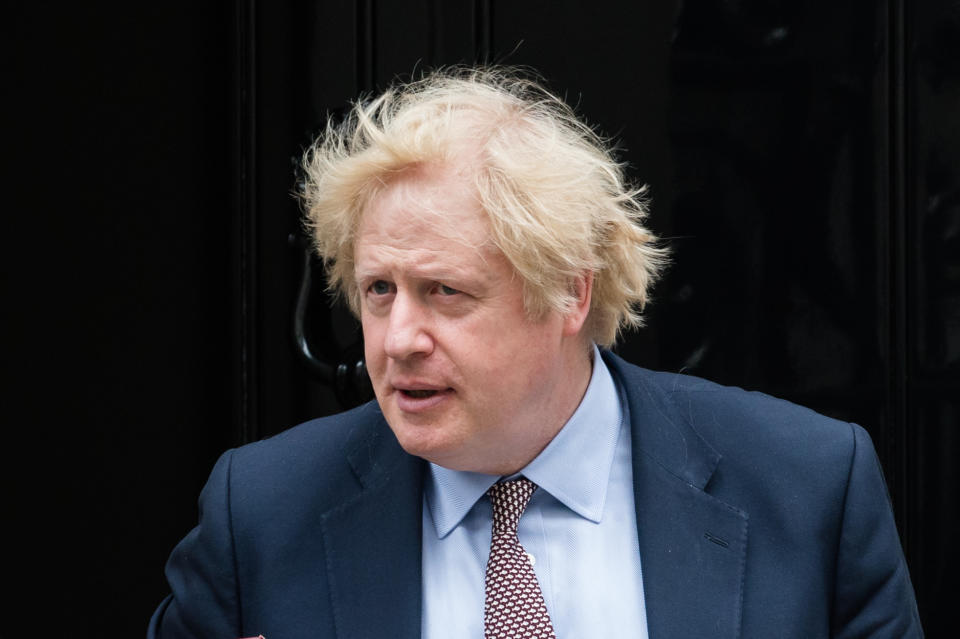Coronavirus lockdown 'prevented 470,000 deaths' amid fresh warnings of second wave

Boris Johnson’s coronavirus lockdown prevented almost half a million deaths, according to researchers.
Imperial College London scientists predicted that if the government hadn’t imposed the lockdown on 23 March, 500,000 deaths would have happened by 4 May.
It means, according to their forecasts, just over 470,000 deaths were averted. The death toll stood at 28,374 on 4 May.
However, the new figures come after a top government scientific adviser said more lives would have been saved if the UK had gone into lockdown sooner.
Professor John Edmunds said the delay “cost a lot of lives”.
Other European countries, such as France and Spain, went into lockdown earlier in March. The UK currently has the second highest coronavirus death toll in the world.
Meanwhile, with the UK lockdown in the process of being eased, the Imperial College researchers – who studied the lockdowns of 11 European counties – warned the risk of a second wave is “very real” if all measures are abandoned.
No COVID-19 vaccine currently exists, with the government having previously warned one may never be found.
Speaking on a telephone briefing on Monday, study author Dr Seth Flaxman, from Imperial College, said: “We’re just at the beginning of the epidemic.
“We’re very far from herd immunity, with only between 3% and 4% of the population infected.
“The risk of a second wave happening, if all intervention and all precautions are abandoned, is very real.
“We would all love to be able to go back to normal life pre-pandemic, with children back at school, being able to see loved ones whenever we want – but our results suggest that precautions remain necessary.”
Read more: Hancock says it's a 'mistake' to attend protests that could spread coronavirus
Prof Edmunds, who attends meetings of the government’s scientific advisory group for emergencies (Sage), had told BBC One’s The Andrew Marr Show on Sunday: “We should have gone into lockdown earlier.
“I think it would have been hard to do it, I think the data that we were dealing with in the early part of March and our kind of situational awareness was really quite poor.
“And so I think it would have been very hard to pull the trigger at that point but I wish we had – I wish we had gone into lockdown earlier. I think that has cost a lot of lives unfortunately.”
Health secretary Matt Hancock insisted the government made the “right decisions at the right time” with the lockdown.
Coronavirus: what happened today
Click here to sign up to the latest news, advice and information with our daily Catch-up newsletter
Read more about COVID-19
How to get a coronavirus test if you have symptoms
How easing of lockdown rules affects you
In pictures: How UK school classrooms could look in new normal
How public transport could look after lockdown
How our public spaces will change in the future
Help and advice
Read the full list of official FAQs here
10 tips from the NHS to help deal with anxiety
What to do if you think you have symptoms
How to get help if you've been furloughed

 Yahoo Sport
Yahoo Sport 






































